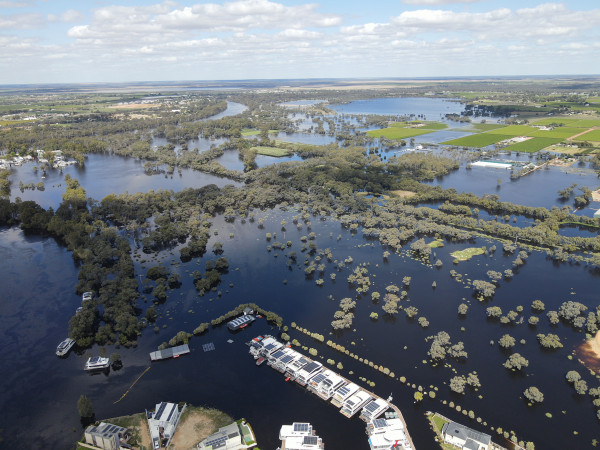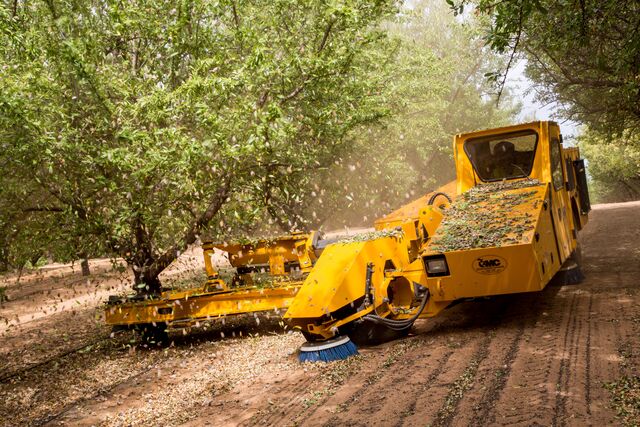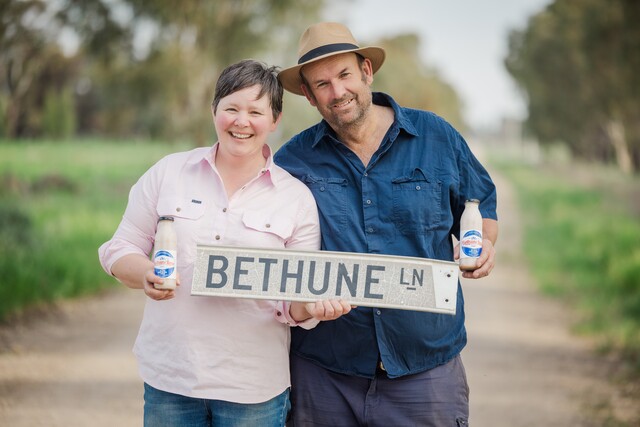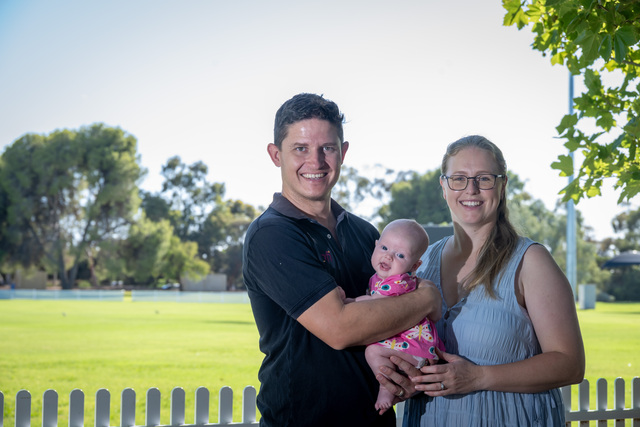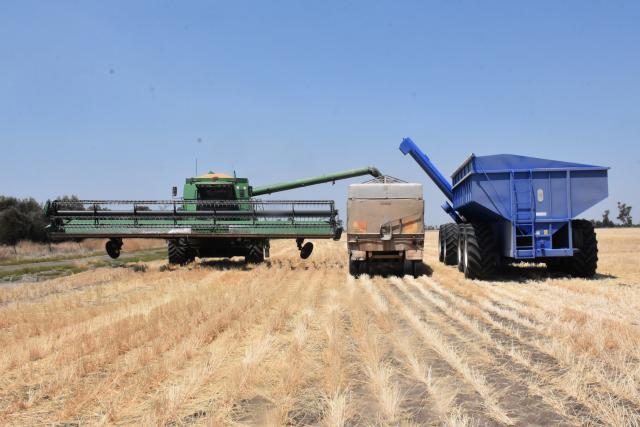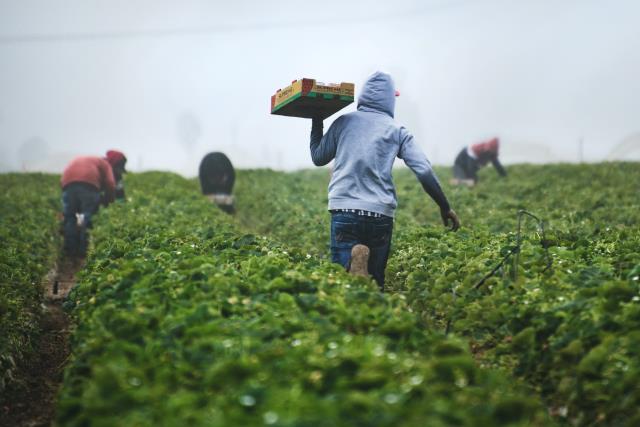WITH more than 700 submissions already in the hands of the parliamentary inquiry into last year’s flood event, the most alarming early message is mental health concerns.
A North West Farmer analysis of the first 200 submissions posted online shows mental health impacts as the No.1 ranked issue.
Other topics also emerging frequently included ineffective flood mitigation strategy, people losing everything and people still being displaced eight months after the floods.
To compound the overwhelming number of mental health claims, No.5 on the list was physical health impacts.
The deadline for submissions, already twice extended, has been given another two weeks.
Legislative Council environment and planning committee researcher Kieran Crowe said the submissions to the inquiry were incredibly valuable.
Mr Crowe said some people thought their individual problems wouldn’t be heard and wouldn’t matter to anyone in government.
However, he said only the people who lived through the flood, people who lost a little or a lot, could give an important first-hand account of what really happened to them.
“The inquiry can only write its report based on the information it receives, which is why every individual account is so important,” he said.
Some of those personal accounts are heartbreaking, long after the waters have receded in many areas – although as far downstream as Mildura there are still lakes of water with nowhere to go.
Submissions were littered with such simple appeals as “please help”, “please do whatever it takes so this doesn’t happen again” and “we lost everything”.
Elderly residents of flood-affected towns have not only declined in health, too many have been reported as dying while still stuck in emergency or temporary accommodation.
One woman said “seeing your mother spend her final days in substandard living conditions is distressing and depressing, something we will grieve for a long time and from which we may never recover”.
Mental health challenges were cited by many who had suffered their second “once-in-a-lifetime” flood in barely a decade.
Many submissions focused on the losses from the floods and the frustration of dealing with the both the insurance industry and applications for government grants.
But one submission managed to coalesce all that data: “Unfortunately, ‘we lost everything’ does not just mean people lost their home or possessions, which would be devastating enough.
“No, this loss extends far beyond this.
“It means they have lost contact with their friends (as so many have been dispersed in different directions), their daily support networks, their town services, living close to family and home/life security, living in their familiar environment, and, heartbreakingly, too many pets.
“Those who were not inundated still have their homes but lost their community, because everyone around them was (and still are) displaced.”
One Gannawarra intensive horticulture enterprise has been trying to secure the $75,000 Victorian Government primary producer recovery grants for flood-affected farms.
Part of the application includes providing your most recent tax return.
“Because the previous two seasons had been so badly weather affected, I had to increase my off-farm income to simply keep our heads above water – and that was before the water arrived,” the landowner, who did not want to be named as he is appealing his application, told North West Farmer.
“So when some bureaucrat in Melbourne saw my off-farm income exceeded my farm revenue by less than $10,000 my claim was rejected.
“When the floods were coming temporary levees were being thrown up everywhere and I didn’t get a say, the people in control of the flood response simply ran the new levee through my property – all the time telling me I would be compensated.
“The levee worked and saved a lot of properties, which was great.
“Then the work crews came back and removed the levee, again damaging my place and again promising I would be compensated.”
Not only was his claim rejected, he was told he only qualified for the rural landholder grant – with a maximum value of $25,000.
“Are they joking? The best repair quote I have for my farm is $62,000 – the farm grant would have put things right, the landholder grant may well destroy me,” he said.
Later this year the inquiry will start a series of public meetings to hear first-hand from people affected by the floods. The first hearing will be in Rochester on August 23.

